‘In Flanders Fields‘ was first published in December of 1915 in England’s Punch magazine. It would also, after McCrae’s death, be included in In Flanders Fields and Other Poems, published in 1919 by G.P. Putnam’s Sons. The poem has been consistent in its popularity and has been translated into a number of other languages and used in advertising campaigns in Canada.
It is due to the image of “poppies…Between the crosses” that the flower has become the flower of remembrance for the men and women who died during World War I. The poem is still used today in Remembrance Day and Memorial Day celebrations in the United States, Canada, and around Europe.
In Flanders Fields John McCraeIn Flanders' fields the poppies blow Between the crosses, row on row, That mark our place: and in the sky The larks, still bravely singing, fly Scarce heard amid the guns below.We are the dead. Short days ago We lived, felt dawn, saw sunset glow, Loved and were loved, and now we lie In Flanders' fields.Take up our quarrel with the foe; To you from failing hands we throw The torch; be yours to hold it high, If ye break faith with us who die We shall not sleep, though poppies grow In Flanders' Fields.
Summary
‘In Flanders Fields‘ by John McCrae is a well-known, and much revered, poem concerning the many lived lost in Flanders, Belgium during World War I. The poem begins by introducing the image of the poppy that has come to be closely associated with remembering World War I.
The narrator states that in Flanders, the poppies are blowing in rows between the rows of crosses marking the graves of fallen soldiers. The reader gets an idea that this field is vast and covered with crosses marking graves, and simply placed as remembrances for fallen men. Above them, larks are flying and “bravely singing” above the gun fire below.
The second stanza describes the men as they once were. They used to live as the reader does now, feeling the sun, and loving and being loved. The poet is hoping to create empathy between the reader/readers and those fallen. He hopes to create a firmer image in the reader’s mind as to what these men were like. Now though, they have all passed. They lie now “in Flanders fields.”
The final stanza is a call to arms. The poet is speaking directly to the reader telling them that it is now their turn to fight and stand up against the forces that are seeking to destroy them. They must take the torch from the “failing hands” of the dead and live on for them.
The poem concludes by stating that unless their war is fought on by others, they will never rest, even if they do lie amongst the poppies.
Analysis of In Flanders Fields
First Stanza
In Flanders fields the poppies blow
Between the crosses, row on row,
That mark our place, and in the sky,
The larks, still bravely singing, fly,
Scarce heard amid the guns below.
‘In Flanders Fields‘ begins by immediately placing the reader in the fields of Flanders along with the narrator. The speaker, more than likely McCrae himself, describes the field around him, and how it is marked with “row on row” of crosses. Amongst the crosses are other rows of poppies, blowing in the wind. The crosses represent the dead at Flanders, a battlefield in Belgium during World War I. Whether each cross does indeed mark a grave, is not made clear. Bodies were most likely lost in the chaos and the crosses have been erected as a memorial.
Additionally, as an ode to the fallen, the earth has sprouted rows of bright red poppies. The poppy has now come to stand as the flower of Remembrance Day in Canada and Europe, and it too marks where soldiers once stood who are now lost or buried. Both the crosses and the poppies are marking this spot, so that no one could possibly forget what happened.
In the second half of this stanza, the speaker describes how above him, in this solemn scene are larks, “still bravely singing.” They fly above the battlefield, singing, “Scarce heard” due to the sound of the guns below. They too are markers of this day and place.
Second Stanza
We are the dead; short days ago
We lived, felt dawn, saw sunset glow,
Loved and were loved, and now we lie
In Flanders fields.
In the second stanza the narrator is speaking for those that have been lost, as well as those that survived and have been changed by the war. He states that, “We are the dead” and that only a few days ago they were alive and moving around Flanders fields.
The speaker is seeking to remind the reader in this stanza that these were real men, they really did exist and are not just a metaphor or distant tragic loss. He says that,
We lived, felt dawn, saw sunset glow,
They felt and lived, just like everyone else. Additionally, they “Loved and were loved.” The narrator is hoping to help the reader empathize with these men by making them into real people.
This time has passed though, there is no more life left for these soldiers, they now
…lie
In Flanders Fields.
Third Stanza
Take up our quarrel with the foe!
To you from failing hands we throw
The torch; be yours to hold it high!
If ye break faith with us who die
We shall not sleep, though poppies grow
In Flanders fields.
The concluding stanza of this poem is a call to arms. Though these men have passed, and many others have died as well, the speaker is calling on the reader to,
Take up our quarrel with the foe!
He is hoping to inspire those reading this poem to take up arms and stand up against the enemy. He continues, saying that from their hands they “throw / The torch.” Although their hands have failed, there is still a chance for success if the reader accepts the challenge and uses their hands to “hold [the torch] high!”
The last lines of the poem are haunting. They speak to the fact that if the reader/readers of this poem do not do as they have been asked, if they do not pick up where the dead have left off, the dead shall never sleep. They will be haunted by their failure and in turn, metaphorically, haunt the living.
The final lines use the image of the poppy once more. Though the field in which they lie is filled with poppies, blessing and adorning the land, still they shall not sleep if they are denied a future success.
About John McCrae
John McCrae was born in November of 1872 in Guelph, Ontario. His first written poetry, and interest in a military career, came while he was a young student and he enlisted in a militia field battery at seventeen years old
After McCrae graduated from Guelph Collegiate Institute he went on to study at the University of Toronto for three years and he would eventually attend the University of Toronto medical school. His medical studies were interspersed with his publishing of sixteen poems and a few short stories.
At the start of World War I, McCrae was station in Ypres, Belgium, in the area of the country known as Flanders. During the way, one of McCrae’s closest friends was killed, and on the next day, seeing the battlefield graves filled with blooming poppy flowers, he was inspired to write ‘In Flanders Fields.‘ He would only write one more poem after this. Soon after the completion of this poem, in the summer of 1917, his health took a severe turn for the worse. His asthma, from which he had suffered his whole life, worsened, and McCrae died from pneumonia and meningitis in January of 1918.





Thank Emma for your beautiful piece of explanation.
On her behalf, you are welcome. And thank you.
I liked this page
Thank you. Glad you are enjoying the site.
I like this page
Thank you. We are glad you are enjoying the site.
Pity that the poet did not rise the rhetoric of war, and appeals youths to join in the carnage. Pity that he didn’t subscribe to the Bolshevik call: Turn this imperialist war into a revolutionary civil war. Workers’ enemy is not the soldier in the opposite trench but the robbers and warlords in his own country!
agreed comrade
That is an interesting take – However the world wars were pretty important. However, I agree that the “war machine” is complex and most countries have issues that need combatting.